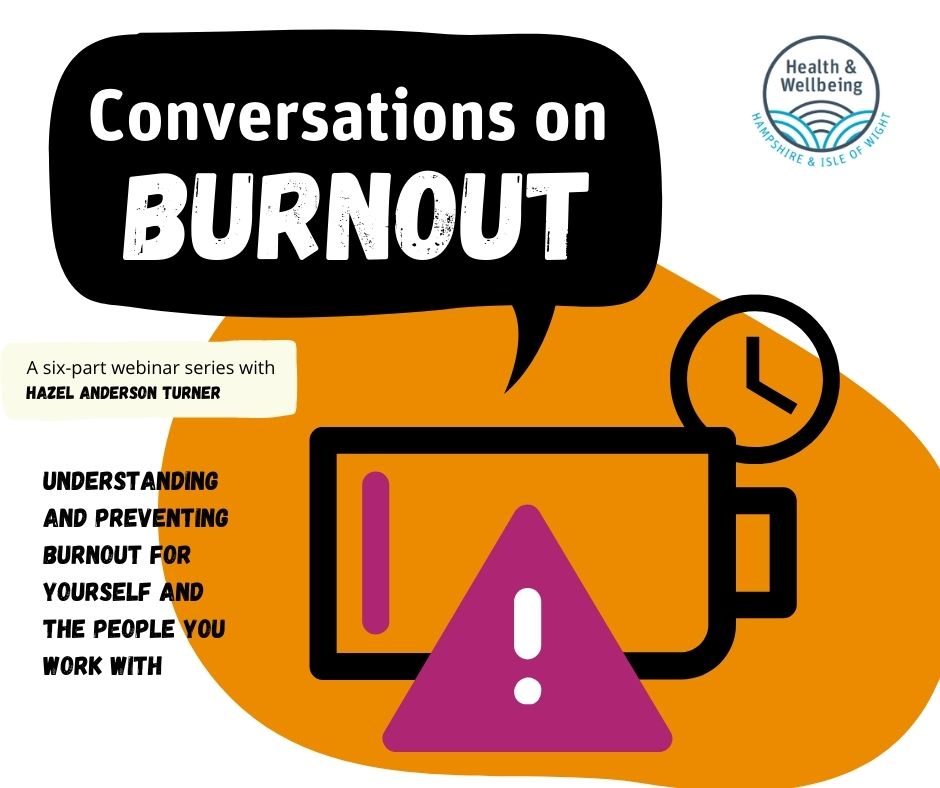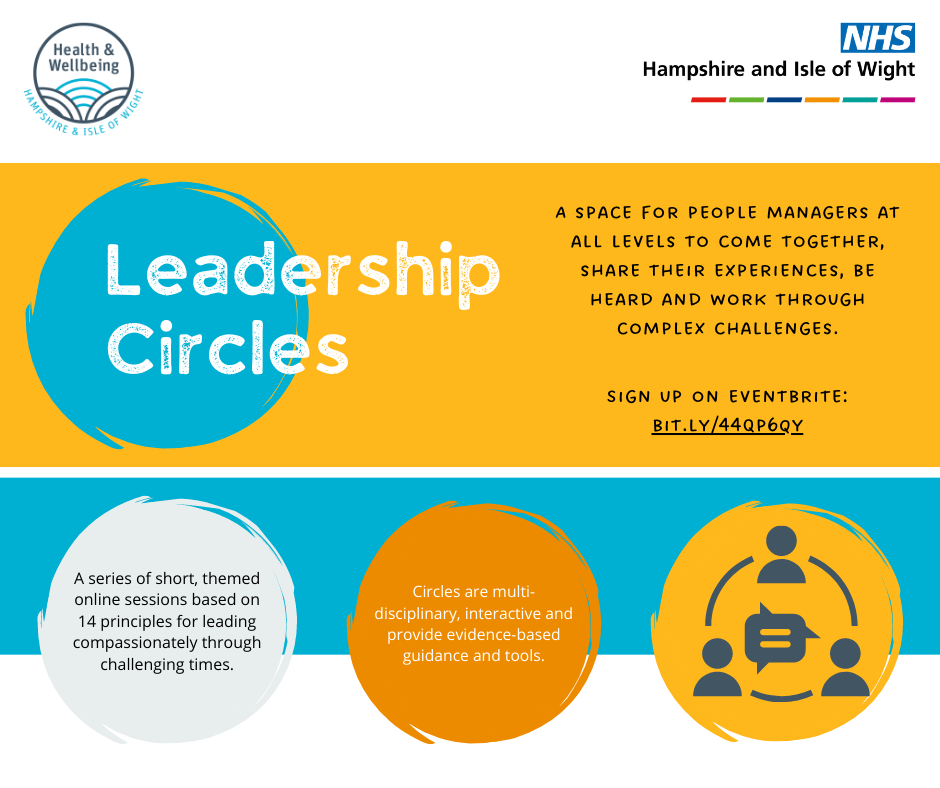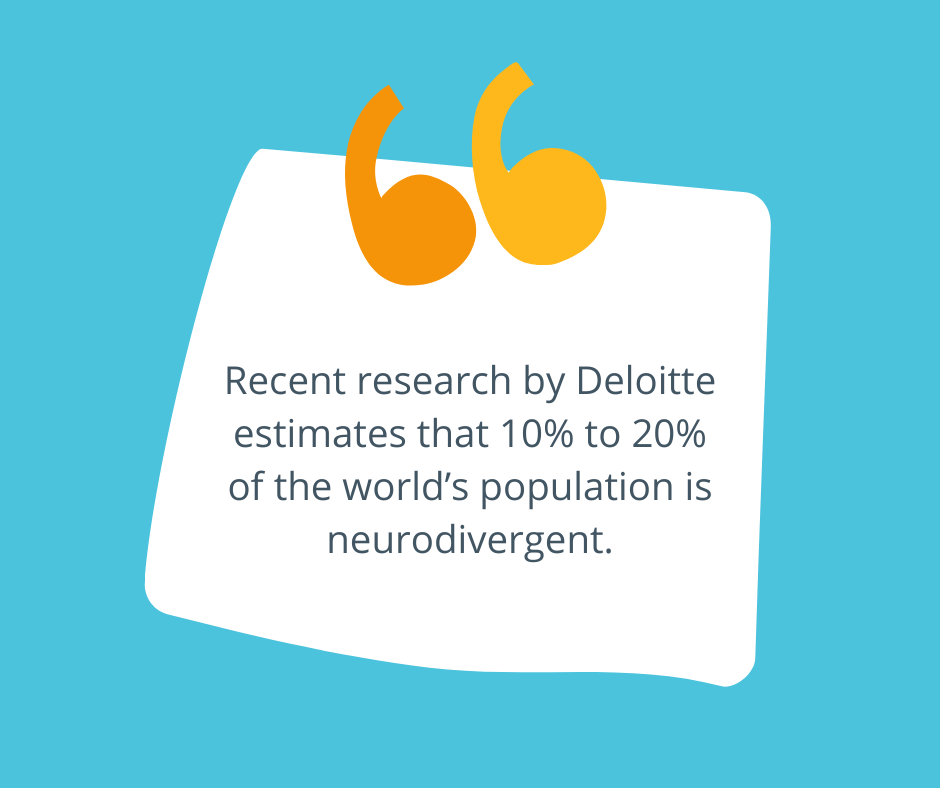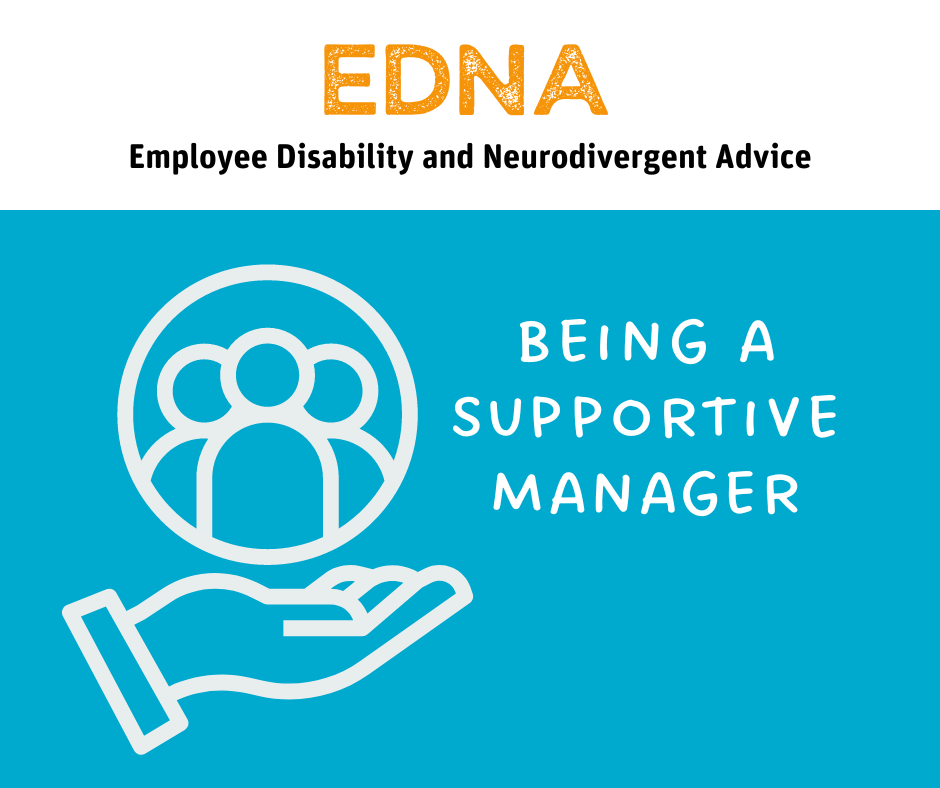It’s fairly well documented that people working in the NHS over the past few years are experiencing unprecedented levels of burnout. The word burnout gets tossed around a lot, but do we know what it looks like for us as individuals and practical steps we can take? These six sessions of ‘Conversations on Burnout’ with Hazel Anderson-Turner can help us to take a step back and re-examine our thoughts and assumptions about a topic we think we know about.

Session 1: Being Human
We started with what we’ve all got in common – being human. We experience the world through our mind, body and the context we live in. You’ve probably heard of the ‘fight or flight’ response, but Hazel also showed us how our brains work when we experience threats using hand brain model. You can watch it on our YouTube channel.
Hazel talked about how burnout can creep up on a person, like an unwelcome surprise visitor. There may have been signs pointing toward burnout if we had stopped long enough to look, but that’s part of the problem, isn’t it? It feels as if there isn’t enough time to stop. One day you think you’re ok and one day you’re just… not.
Laura Coleman from Be Modern Meditation talked the group through the five stages of burnout, what it looks like and also what it looks like when you’re not burnt out. We took some time to consider what it would take to move ourselves on the scale from burnout to engagement. Hazel reflected on the things that had helped her to recover from burnout and asked, ‘What is one small thing you could try today to help yourself stay well?’
We also discussed how challenging it can be when a whole team is feeling burnt out, how important it is for us to talk about how we are feeling with each other and to explore how we can support each other to stay well (more on this is session 2!).
A key message of the first session was that, with all the challenges we are facing, burnout is understandable, but it’s not inevitable. There are things that we can do for ourselves and each other, which we will explore in more detail in the upcoming sessions.
You can come to one or all the sessions, but it’s well worth making the time to attend.
Resources
Watch the session on our YouTube channel
Books
Mindsight by Dan Siegel. If you google him and ‘hand brain model’ you’ll see him demonstrating the model.
Next session
Webinar 2: Conversations on Burnout: Powerful questions – 9 September – 9.30am to 10.30am




